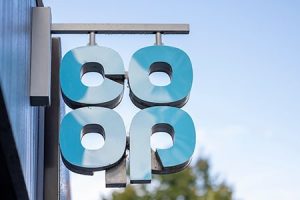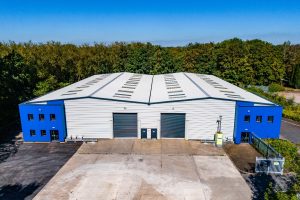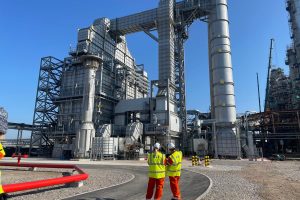Halewood shows resilience after difficult year

HALEWOOD International, the company behind Crabbie’s Alcoholic Ginger Beer and Lambrini, the sparkling perry drink, says it is “pleased” with its financial results – the first since the sudden death in 2011 of founder John Halewood.
The Liverpool-based company, which also distributes Tsingtao Chinese Beer and Lamb’s Navy Rum and owns the Cumbrian Willow Water brand,
said its profits in the 53 weeks to the end of June 2012 were hit by raw material costs and the impact of weakening currencies on its overseas operations.
Pre-tax profits came in at £15.1m, down 3.8% on the prior year. Ebitda was £20.1m (2011 £21.7m).
Despite challenging market conditions turnover at Halewood International Holdings, the 900-strong group’s parent company, rose 5% from £264.3m to £277.4m, with a strong performance in the UK, where sales rose 8.1% from £194m to £209.9m.
Mr Halewood’s widow, Judy, who took over as chair of the group, said the results showed the group was “adaptable, successful and resilient.”
Managing director Andy Smallman, said, “Set in the context of the current economic climate, these results are pleasing for the business and are testimony to the management team and all staff against the backdrop of the sudden death of the company’s founder.
“Despite the challenging economy, we are continuing to invest heavily in the business and our increased capex for the year demonstrates this commitment which is part of our strategy to drive long term growth across the business over the next five years.
“However, it needs to be recognised that the alcoholic drinks industry as a whole is experiencing challenging trading conditions in the UK and the potential introduction of Minimum Unit Pricing in the future could have a significant impact on both Halewood and the market as a whole.”
The group it will continue to focus on “new product development combined with key strategic brand acquisition, tight cost control and focus on production efficiency.”
Capital expenditure this year will increase just over 4% to £6.7m.









